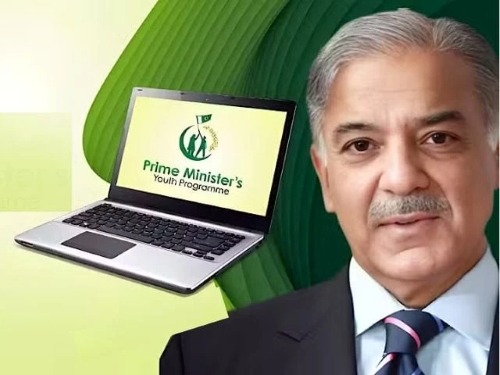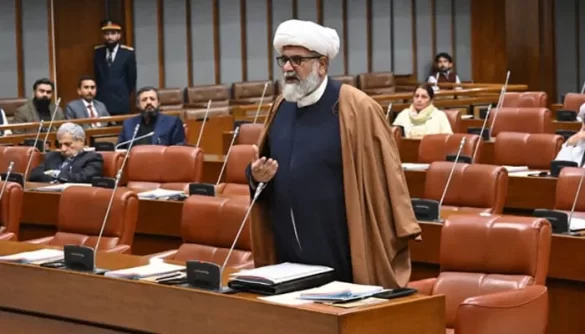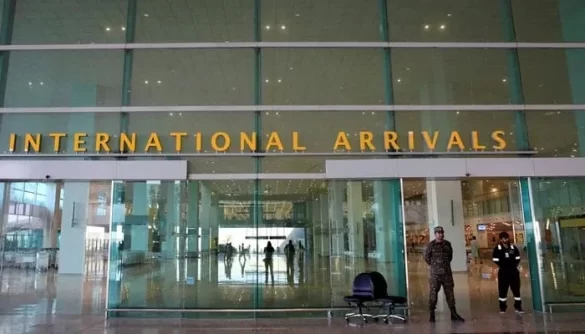Launch Event Scheduled in Islamabad
The government of Pakistan has announced the official launch of its Free Laptop Distribution Scheme under the Prime Minister’s Youth Programme (PMYP). According to an official statement released on social media, the scheme will commence on October 30, 2025, with a formal ceremony to be held in Islamabad.
The statement read, The wait is almost over! Get ready! — signaling the beginning of a much-anticipated initiative that has generated excitement among students nationwide. After the launch in Islamabad, the scheme will gradually expand to other major cities across the country.
Aiming to Bridge the Digital Divide
The laptop distribution programme is one of the flagship projects of the Prime Minister’s Youth Programme. It seeks to improve digital literacy, enhance access to technology, and equip students with modern learning resources to meet the needs of a fast-evolving digital world.
Officials have emphasized that this initiative is part of a broader effort to narrow the digital divide between students in urban and rural areas. Access to laptops and digital tools, they argue, can significantly improve educational outcomes, foster innovation, and prepare the next generation for the digital economy.
According to the Pakistan Telecommunication Authority (PTA), internet penetration in the country reached over 53 percent in 2024, highlighting growing digital connectivity but also revealing stark regional disparities. The government hopes the new programme will help bridge these gaps by empowering students with essential digital access.
Thousands of Laptops to Be Distributed
The Islamabad launch event is expected to draw federal ministers, education officials, and university representatives from across the country. During this first phase, thousands of laptops will be distributed to eligible university and college students based on merit and academic performance.
Government sources have confirmed that the complete schedule and regional distribution plan will soon be made public to ensure transparency and efficient delivery. Provinces and territories, including Punjab, Sindh, Khyber Pakhtunkhwa, and Balochistan, are expected to host their own distribution events in the coming months.
A Legacy of Empowering Students
This is not the first time Pakistan has launched such a programme. Earlier phases of the Prime Minister’s Laptop Scheme, first introduced in 2013, provided hundreds of thousands of laptops to students in both public and private universities.
Those earlier initiatives were credited with encouraging digital learning, facilitating online research, and expanding access to e-learning resources, particularly during the COVID-19 pandemic when remote learning became essential.
Many recipients of previous schemes have shared success stories of how the laptops helped them pursue higher studies, start small tech-based businesses, or acquire digital skills now vital in the job market.
Students React with Excitement
Following the announcement, social media platforms were flooded with posts from students expressing relief and excitement. Many said they had been waiting for months for the scheme’s rollout, especially as academic workloads and online learning needs continue to rise.
Hashtags related to the programme quickly trended on X (formerly Twitter), reflecting the growing anticipation among young people across Pakistan.
Students say the initiative could be a game changer in promoting equal access to technology and creating a more level playing field between privileged and underprivileged learners.
Looking Ahead
The government plans to monitor the distribution process closely to ensure fairness and transparency. Officials from the Prime Minister’s Youth Programme have hinted at additional youth-focused initiatives in the coming months, including digital skills training and internship opportunities for graduates.
As Pakistan continues its journey toward a more digital economy, programmes like this are expected to play a vital role in building an inclusive, tech-savvy generation.
With the laptop distribution starting on October 30, the initiative marks an important step toward empowering students and strengthening the country’s digital education infrastructure.















